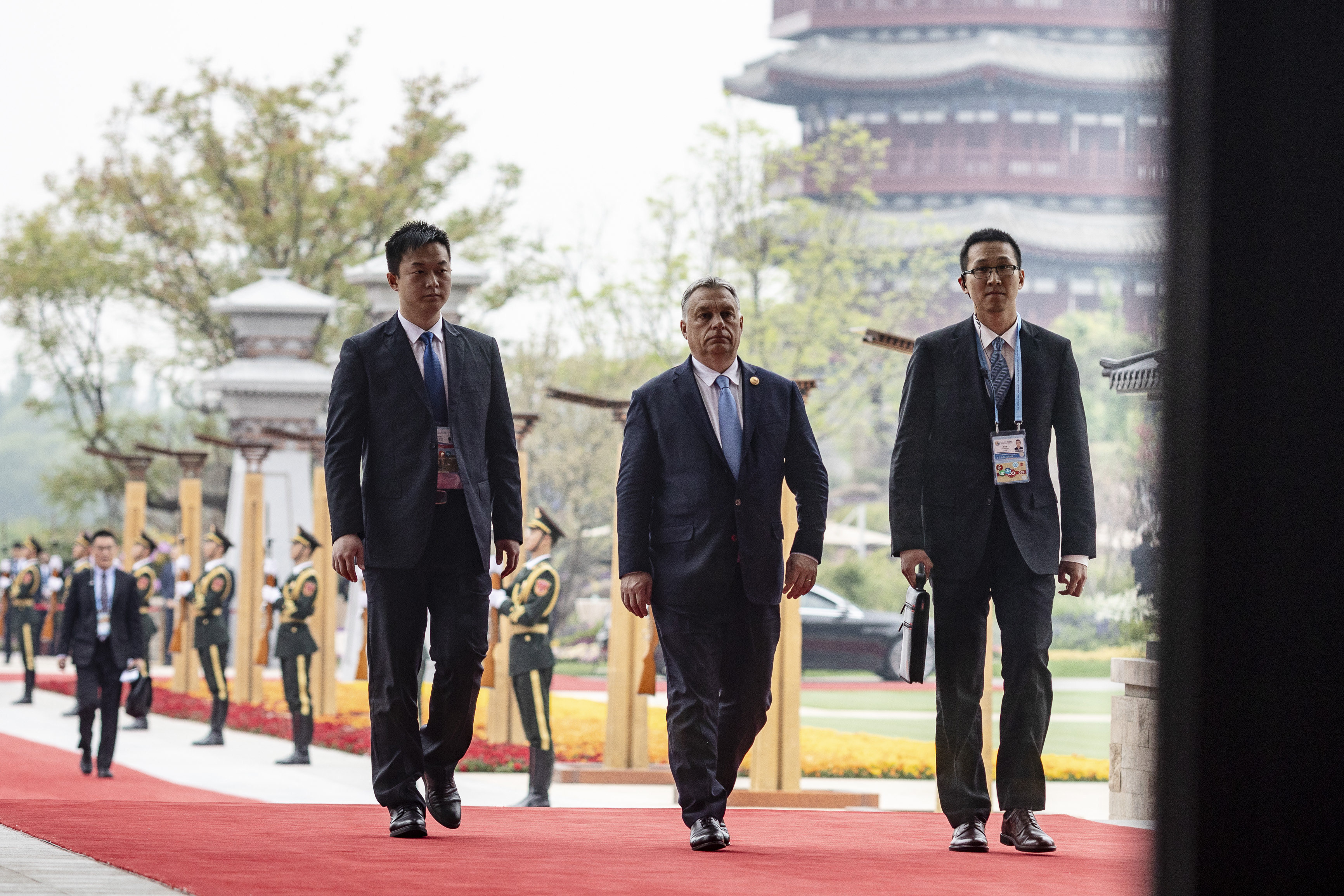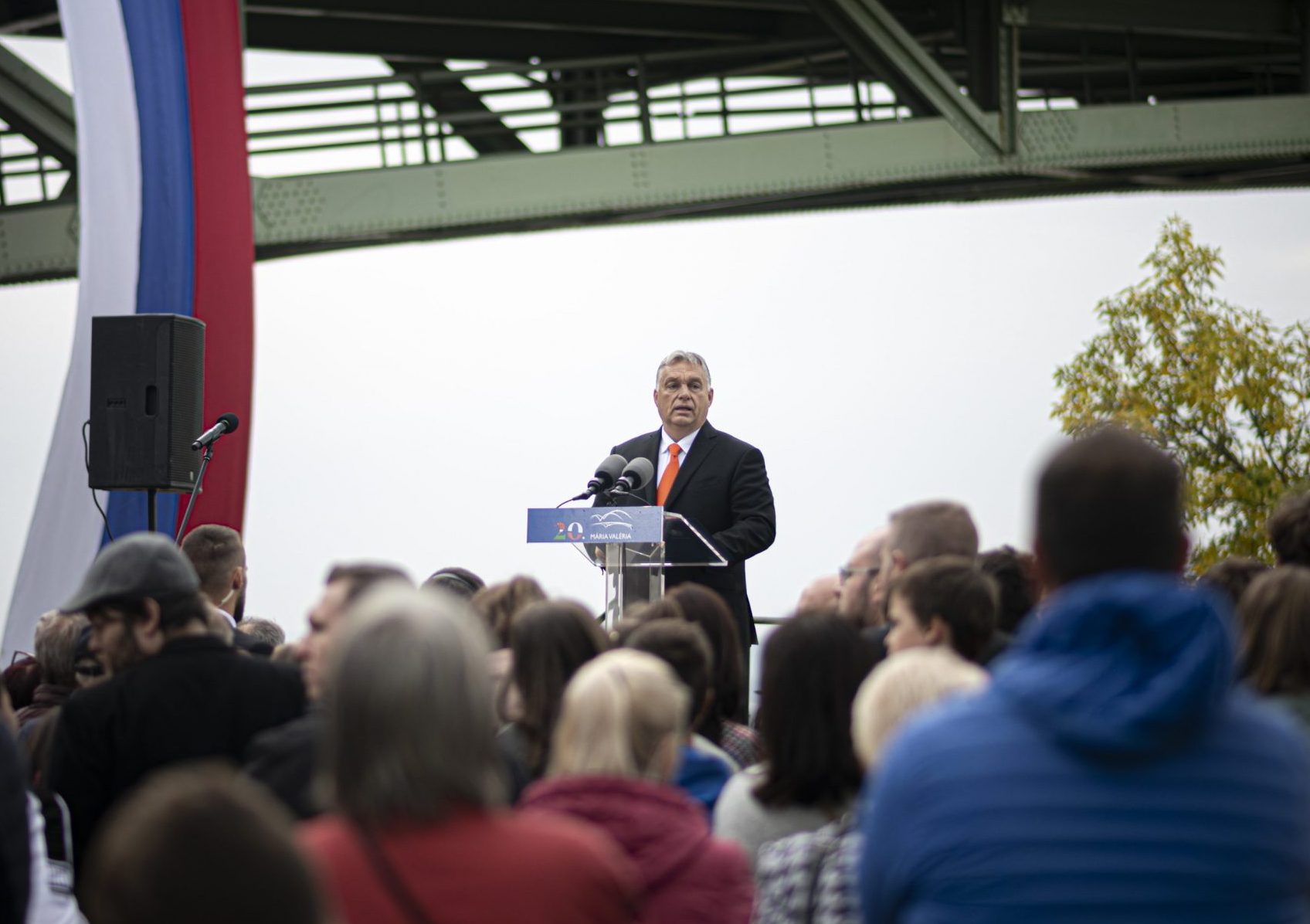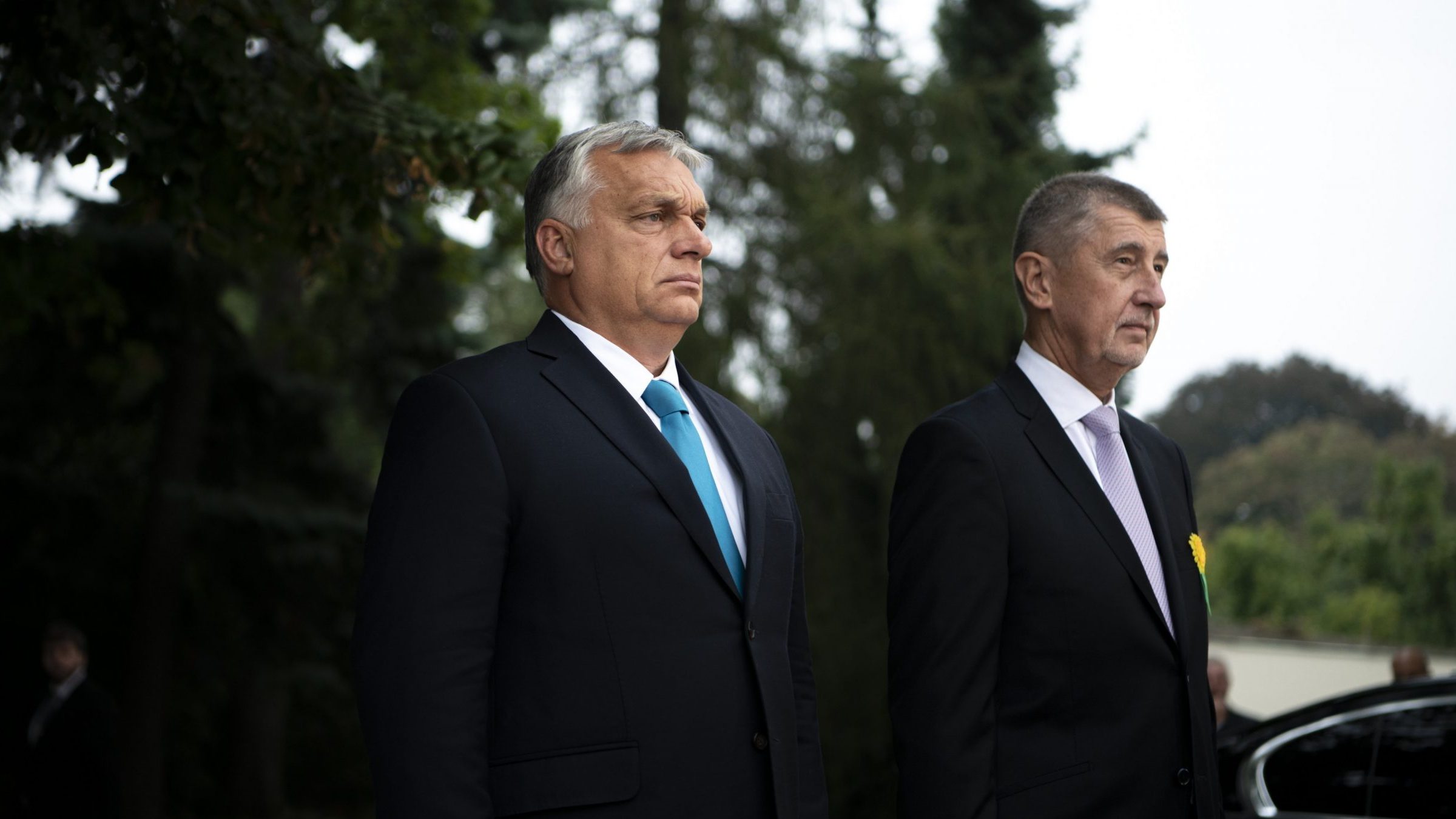
According to Mr. Orbán, the valuable political lessons of the past decade can be the basis for answers to the challenges of a changing world.
In his address he argued that foreign policy based on the export of democracy simply does not work, but in fact only causes problems, leads to destabilisation, and eventually results in the opposite of what was expected from it.

He stated that we should all understand the need to base relations on mutual respect, showing respect for the cultural, religious and political traditions of other peoples. There must also be acceptance, he observed, of the fact that political systems different from ours are sometimes more successful economically and in the fight against poverty – and are sometimes more competitive.
He described the Belt and Road Initiative as adhering to the principles of mutual respect and acceptance of cultural traditions. He added that in the past few years it has become the world’s greatest economic development project, offering an appropriate response to the challenges posed by the changing world order.
According to the Prime Minister, the second lesson of the past decade is that the power of demography must not be underestimated: if people see no development prospects, they will start to look for other countries to settle in. Therefore, he said, the world’s more developed states must take help to the places where it is needed, instead of bringing problems to their own countries. He stressed that the Belt and Road Initiative offers development opportunities for underdeveloped countries, and is therefore a good response to the causes of migration.
He stated that the third lesson we have learnt is that free trade without physical linkages is mere empty rhetoric. Physically linking continents requires an enormous amount of money, great effort, superb engineering, daring ideas and determined political will. He pointed out that the Belt and Road Initiative has all of these.
Mr. Orbán described the fourth lesson as a shared Central European experience. In the past, he said, Central Europe has always suffered when the East and the West opposed each other: its economy was unable to grow, there was no access to modern technology, and there were times when the region even lost its freedom. “But when the East and the West cooperated, we prospered and lived in freedom,” he said, adding that he is pleased that the Belt and Road Initiative endeavours to create points of cooperation between East and West, instead of confrontation.

According to Mr. Havasi, in closing the Prime Minister said that Hungary’s most important investment related to the Belt and Road Initiative is development of the Budapest-Belgrade railway line. He indicated that there are now also promising talks with Romania and China regarding construction of a high-speed rail link between Budapest and Bucharest.


